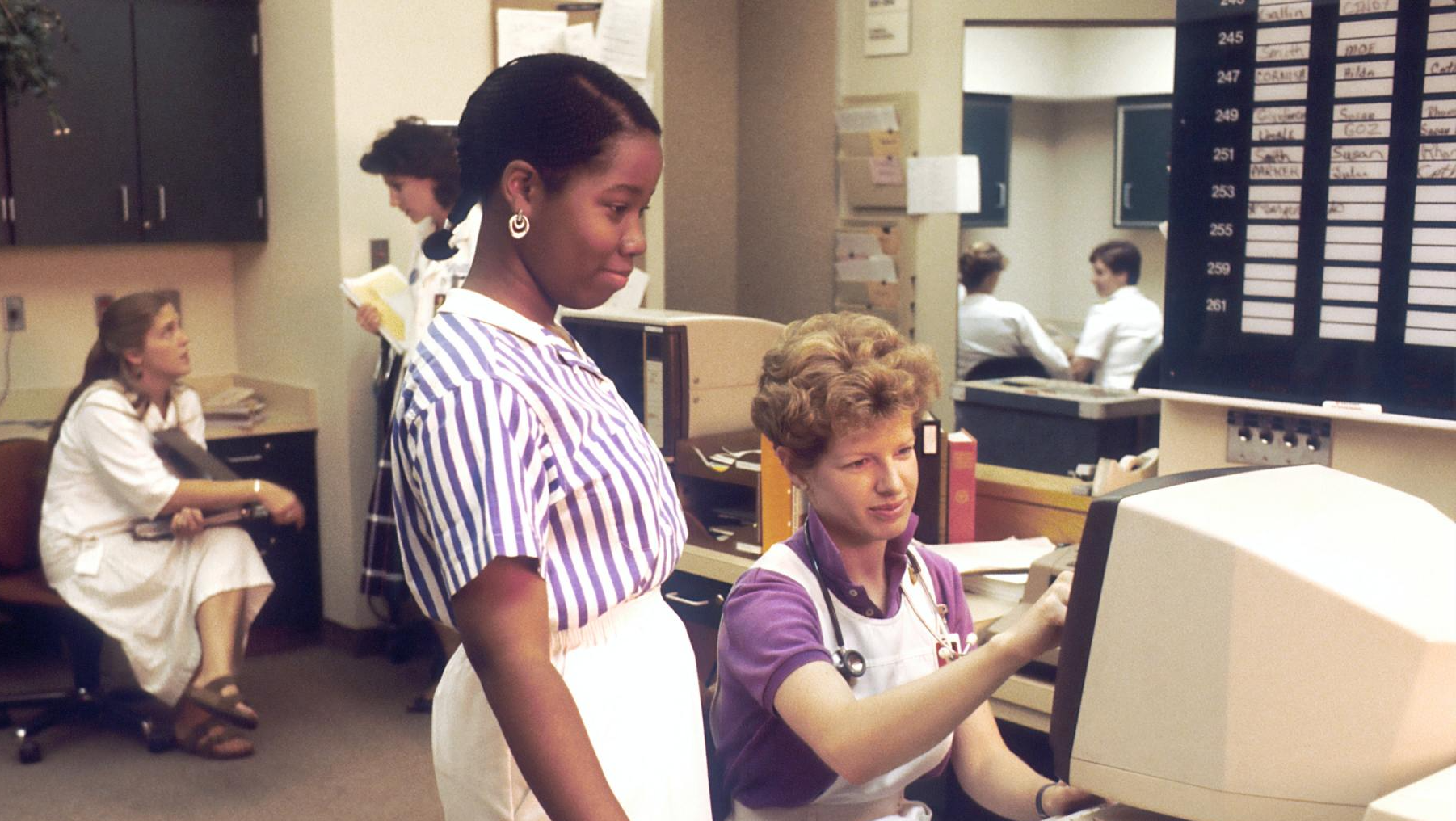How Technology Improves Your Case Management Process
Our industry revolves around different types of processes. Whether it’s manufacturing machines or calculating business transactions, the foundation of our civilization revolves around complex processes that provide our daily products and services. For the most part, our current technological trend is geared toward making our business processes faster, more effective, and more efficient.
The use of modern applications and software are becoming more prominent in businesses and organizations—and it’s still very likely to grow. As a matter of fact, a study by the World Economic Forum (WEF) predicts that by the year 2022, 62 percent of an organization’s data storage and data processes will be accomplished via computers. As a result, we should expect to see a rising trend of apps and software that’s tailored to fit the demands of different business industries. And with the complex processes of the healthcare industry, more advanced software for case management process is a good place to start.
No one is immune to all types of health complications, in fact, whether it's just a mild cold or a serious illness, we all get sick at some point in our lives. Luckily, with a health plan coverage, you won’t have to worry too much about getting medical services. However, some patients have it worse than others. And things become more tricky when they start to need more and more medical attention. Patients who constantly use healthcare services can lead to more facilitation, more support, and more costs. As a result, case managers are needed to look over the patient’s case and find ways to reduce unnecessary services and costs. In fact, a study by the College of Physicians of Family of Canada (CFPC) concludes that a numerous researches suggest that case management reduces costs, emergency department visits, and hospitalization.
The Challenges of Case Management Process
As a process, case management means that handling patient cases takes more than one step. From assessment, facilitation, care coordination, and everything else, case managers alone have a lot of data to strategize with. Additionally, this becomes more complex as patients undergo additional assessments, tests, and procedures that are provided by different medical staff. As a result, the case management process requires a seamless flow of data transaction and coordination between case managers, medical service providers, and patients to ensure cost reductions. Given these points, an advanced case management software platform can really help develop a strategy to streamline case management process.
Benefits of Case Management Software
With a case management software, you can easily enter and access the information of cases in one system. With software like QuickCap 7, you can send case referrals through different channels. In fact, you can even submit case referrals directly into the system. In addition, reviewing case referrals are easier when you can assign referrals, cases, and tasks to the right person with just a click of a button. You can even handle triage, follow-ups, verifications, and patient information directly from your screen so you can review and edit any case with speed and precision. Additionally, care coordination becomes smoother when the information of patients, providers, and organizations are all in your system. Case management software like QuickCap also have built in audit features that help you keep track of all the changes and updates of each case.
Choosing the Right Software
These days, improving your case management or care coordination workflow can be as simple as upgrading your gadgets. With all the software available in the market, your main challenge boils down to picking the right software for your daily operational requirements. Selecting the right software platform is especially crucial when your organization handles processes beyond case management and care coordination.
Luckily, integrated software, like QuickCap 7, are available in the market. These integrated software technology platform offer tools that are applicable throughout different sectors in the healthcare industry improves your case management process while you streamline your care coordination management at the same time. When you have multiple tools in one system, you can streamline your processes without spending more on other software.
QuickCap’s Case Management Features
QuickCap is an integrated software that has an entire module that’s dedicated to support and enhance your case management process. Here are some features that can help you maximize case management workflow:
- A case management workflow feature allows you to easily monitor and assign cases to the right people.
- With the new referral submission feature, you can submit case referrals from different sources. In addition, you can also submit case referrals directly from QuickCap.
- In the review case referral feature, you can easily search for case referrals that you need to review and approve. This feature has everything you need to review a referral, like assessments, eligibility, triage, consent, and more.
- The new case referral feature allows you to create cases directly in QuickCap.
- A case search feature also helps make cases accessible and easy to find.
- QuickCap has more features that can help you streamline your case management process.
With QuickCap, you can simplify your value-based healthcare workflow, accelerate your case management process, and improve your financial outcomes.
References:
World Economic Forum: The Future of Jobs Report 2018
http://www3.weforum.org/docs/WEF_Future_of_Jobs_2018.pdf
Effectiveness of case management interventions for frequent users of healthcare services: a scoping review
https://bmjopen.bmj.com/content/6/9/e012353
Explore Related Blogs
Recently published articles
Keep in touch
Subscribe to get the latest update
Trending topics
Share your insights on social media
Upcoming events and company news



















